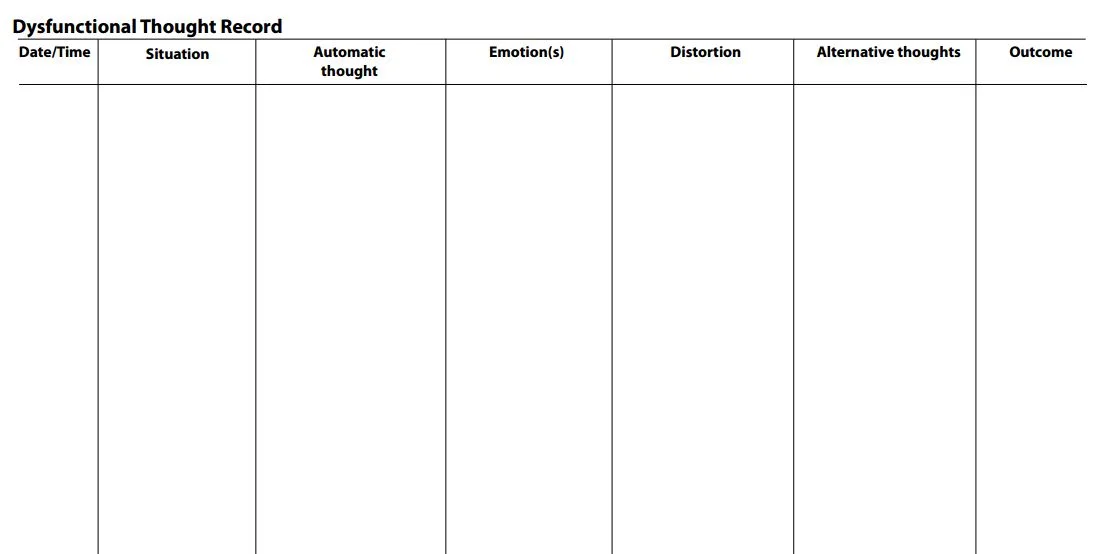Regularity
“Regularity forms the basis of spiritual practice; it’s the best way to calm a restless spirit. It’s for this reason that ashrams have a strict daily routine. Habits form groves, like millstones which in time become smooth. It takes time but once a grove it’s etched, it cannot be forgotten because it’s been indelibly printed in our memory. So get up at a fixed time and meditate at a fixed time. Take the time to reflect on the day’s event, and cherish that moment. ”
I am a creature that craves habit and routine, so celebrating and focusing on regularity excites me. I find serenity in regularity (see what I did there?) At first, I think of the regularity of daily life and how I like to have a clear idea of what's coming up in the day, week, and coming months. I even tend towards OCD with how I like to predict and know every detail of the situation (to maintain better control of it, of course).
However, when focusing on this ity, I find myself still needing to create regularity in my daily life, regularities that focus on my mental and physical health. Mentally, I need to continue to seek balance in my daily emotions. To do this, I need to meditate at set times and stay committed even when my mind and heart are racing. Physically, I need to consistently eat healthier and exercise. To make a weekly habits of cooking myself good meals to have healthy leftovers. I need to be more disciplined with my physical fitness and go to the gym even on days when I feel uneasy about it.
The way the magazine describes the affects of regularity resonates strongly with me because I can relate it to my journey towards creating new, positive mental habits. I have participated in cognitive therapy for years, a type of psychotherapy in which negative thought patterns about the self and the world are challenged in order to change unwanted behavioral patterns. It's used to treat mood disorders such as panic and anxiety, as well as depression. The way it works is through repetitive behaviors and mental exercises in order to imprint new paths for your thoughts to take, instead of the familiar ones that seem to instantly lead to detrimental feelings and reactions.
If this sounds a little vague, let me give an example of how to exercise positive thinking habits. I use a cognitive flow chart called an "automatic thought chart." When you notice your mood getting worse, ask yourself, “What’s going through my mind right now?" These are the questions on the chart:
Situation: Briefly describe the situation that led to your negative feelings. What led to the unpleasant emotion? What distressing physical sensations did you have?
- Automatic negative thoughts What negative thoughts that went through your mind? How much did you believe the thought at the time (0-100%)?
- Emotions: what are you feeling?
- Evidence for the automatic thoughts/distortion: facts that supports your negative thoughts. This section is sometimes referred to as "distortion" because these negative thoughts are often a result of a distorted view on ourselves and reality.
- Evidence against the automatic thoughts/rationalize: This is when you try to rationalize your thinking and list facts that provide evidence against your negative thoughts.
- Outcome/alternative Perspective: How much do you now believe your automatic thoughts (0-100%)? What emotions do you now feel? At what intensity?
The goal is to be able to use this line of thinking in the heat of the moment, but it takes a lot of practice. I have not quite mastered that art but I keep making progress by reflecting after the fact on situations that leave me very upset. After filling out a few of these charts, I then look back and see if I can find patterns or similar triggers/negative thoughts in hopes of understanding the root cause. Using this automatic thought chart helps me regulate and balanced difficult emotions that sometimes take hold of me. To find regularity in my soul's emotional current creates smoother sailing.
Thanks for reading, FJ
